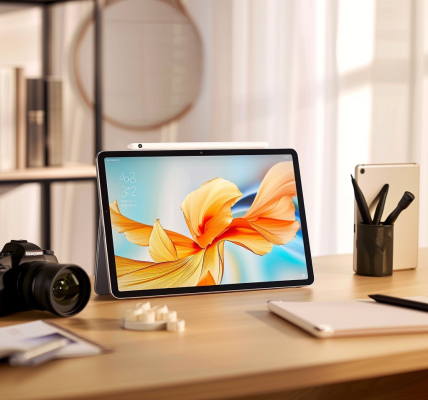Microsoft and Meta have announced a new collaboration that will bring Windows Volumetric apps to Quest devices, aiming to enhance the user experience by extending Windows applications into 3D space. This partnership was revealed by Pavan Davuluri, head of Windows and Devices at Microsoft, during the company’s Build developer conference.
The introduction of Volumetric apps is part of Microsoft’s strategy to integrate Windows 365 and local PC connectivity with Quest, enabling developers to seamlessly adapt their Windows apps into the realm of extended reality (XR). According to Davuluri, developers will have access to a volumetric API, offering a new dimension to their applications within the Windows ecosystem.
While the specifics of this partnership are still emerging, the move signifies a significant step forward in the XR landscape. Meta’s recent decision to share its XR operating system with third-party OEMs, including ASUS, Lenovo, and Xbox, has further accelerated the evolution of XR technology.
At the same time, industry giants like Google and Samsung are gearing up to launch their own XR headset, marking a potential return for Samsung to the XR market and a fresh opportunity for Google to introduce its Android-based XR operating system.
As the XR industry continues to evolve rapidly, collaborations like the one between Microsoft and Meta are poised to reshape the way users interact with technology, offering innovative solutions that bridge the gap between traditional computing and immersive experiences.





